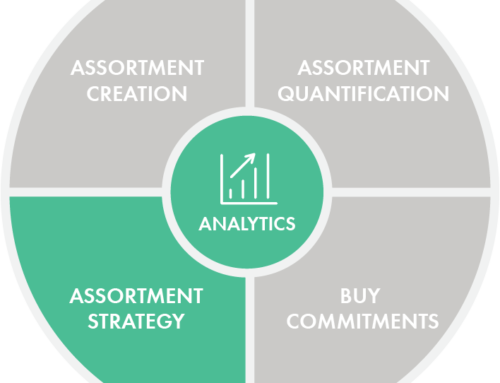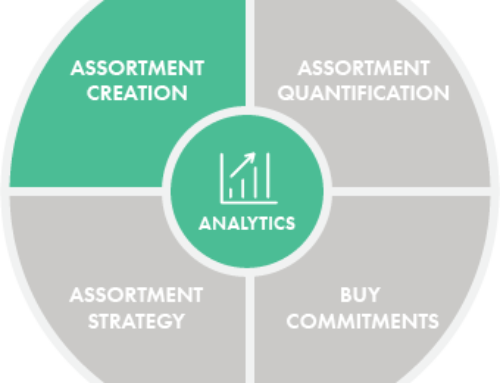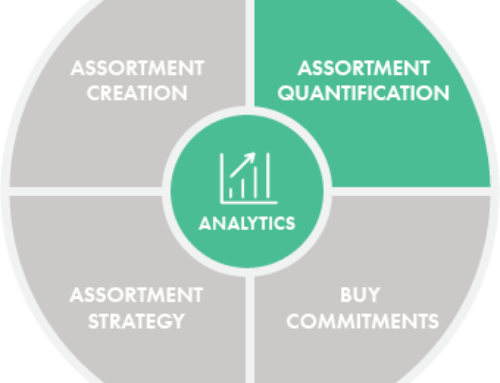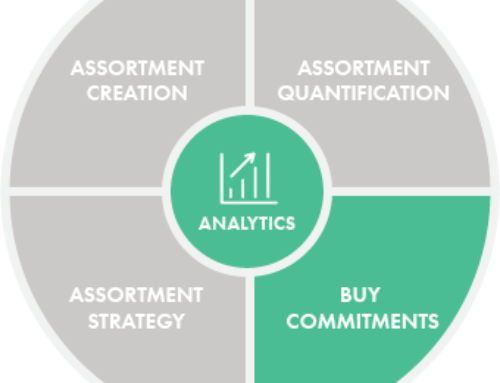Merchandise planning at the most basic level is about
- anticipating customer demand, then
- planning your inventory needs to meet that demand while
- satisfying the company’s financial objectives – to maximize profit.
Now that you understand the basics of how to plan for customer demand and how to match your inventory to meet the sales needs, we’ll dive into how to maximize your business profitability.
Introduction to Gross Margin Planning
- What is gross margin?
- Why is Gross margin important
Let’s explore some of the detailed calculations in Gross margin planning
Receipts and Markdown Planning
This session covers concepts such
- Calculating Initial mark up and its Initial Markup formula
- The use of a maintained Mark up, MMU to calculate Gross margin
Cost, of course, is a critical component in margin planning.
MMU% and Associated Metrics
- Gross Margin using Maintained Mark up
- Gross Margin Formula
- Markdowns affect on Gross Margin in retail
The profitability of any merchandise category is determined by the margin it yields from its inventory.
Margin Performance Metrics
In this last session of margin planning, we discuss the performance metrics and best practice considerations in your merchandise planning.
For more resources and information about merchandise planning, check out our article on what is merchandise planning.
Additional e-book resources:
Next, we’ll explore how buying or assortment planning is the perfect partner to ensure your merchandise financial goals are met.











